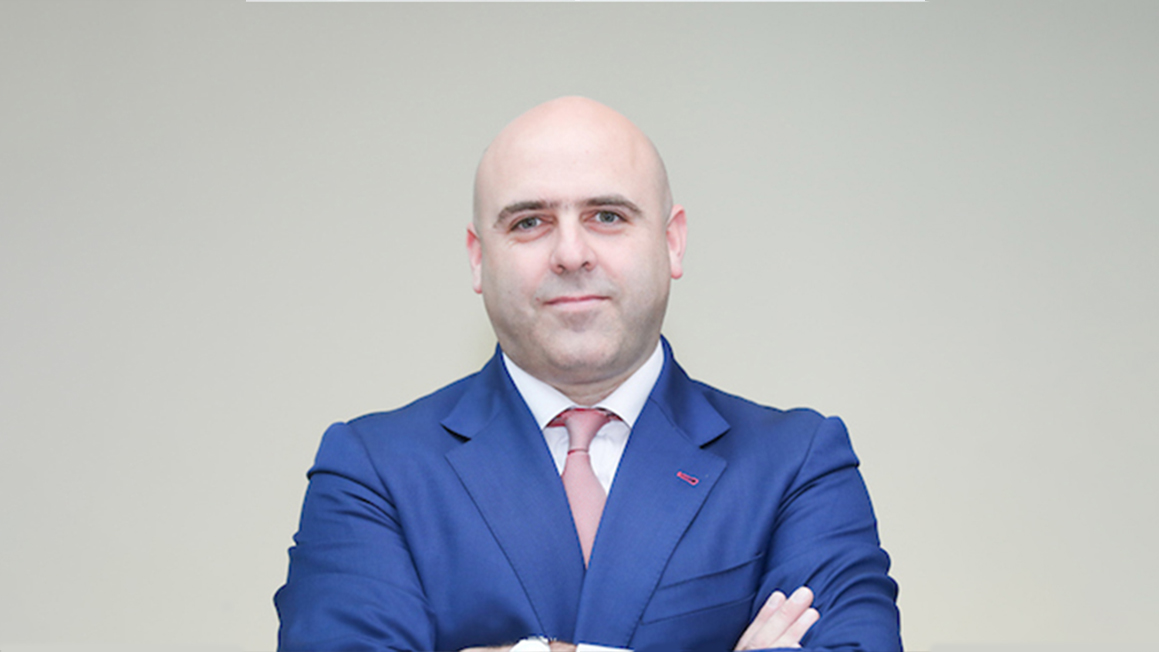Insights in our international network:
Interview with Stephen Nolan, Managing Director and Head of Secretariat UNDP Financial Centres for Sustainability (FC4S)
Within the UNDP Sustainable Finance Hub, Stephen Nolan is Managing Director and Head of Secretariat UNDP Financial Centres for Sustainability (FC4S), a network of 39 financial centres and the UNDP Sustainable Insurance Forum, a network of 37 insurance Supervisors. He is also Chair of Ireland’s Climate Finance Week series and a member of the High-Level Advisory Group of Switzerland’s Building Bridges series.

GSFCG: From FC4S’ and your global perspective, which topics have been the highlights in advancing Sustainable Finance in the last year?
To date it has been an incredibly busy year in the area of sustainable finance. Topics to the fore include transition finance, taxonomies and standardization, corporate disclosures and reporting, biodiversity finance and accelerating the mobilization of capital in support of the Paris Agreement and UN Sustainable Development Goals. The work of the International Sustainability Standards Board (ISSB), the G20 Sustainable Finance Working Group, and the Task Force on Nature-related Financial Disclosures (TNFD) have been prominent. Development of sustainable finance talent has been a key cross-cutting issue. The work of the Cluster has also been noted. In particular, on shaping the forum for collaborative approaches for financing the transition, as part of the German Sustainable Finance Summits series and the work of the Net Zero Banking Alliance Germany.
GSFCG: Which regions are particularly dynamic?
Europe and North America are leading on the development and uptake of sustainable financial products, with Europe out in front. I’m just back from a trip to Asia, which is also advancing quickly, especially at a public sector level. Africa and the Americas are also moving, with the African region quite dynamic with a big focus on product innovation.
GSFCG: What are your current top priorities in your work with financial centres on sustainable finance and where do you see Germany’s role in that context?
Our work is focused on supporting Members, such as the Green and Sustainable Finance Cluster Germany to accelerate local efforts to scale sustainable finance. To this end and based on Member inputs, 2023 efforts are focused on transition finance, corporate disclosures and reporting with a big focus on the work of the ISSB, biodiversity finance (and the TNFD), development of a North-South SDG Investment Pipeline Builder, supporting Member talent development efforts, and finally the mainstreaming of gender equality and empowerment in the sustainable finance agenda. Under UAE’s Presidency, we see COP28 as an important event this year, alongside September’s UN SDG Summit in New York. As the leading European industrial economy, Germany has a key role to play in leading out on the transition finance agenda, not least in the development of new financial products and services. Such innovation, designed in part to support Germany’s SME sector make the transition, could be rolled out a pan-European level and even further afield adding real value to the agenda.
GSFCG: How would you wish the European Union to support the progress of the European financial centres?
We are all pushing in the same direction and seeking to mobilise at speed the trillions required to shift Europe to a net zero and nature positive future. In support of this the European Commission and entities within are rolling out different policies and regulatory actions to create a positive enabling environment. So, a lot is going on with industry in parallel ramping up activities too. However, we are hitting a wall now with a serious lack of sustainable finance talent embedded across market actors proving challenging. Building on Ireland’s successful Sustainable Finance Skillnet model, which in the last two years has upskilled over 2,000 Irish located financial service sector actors, we are keen to see this type of initiative scaled at a pan-European level. This is something we are actively working on.

